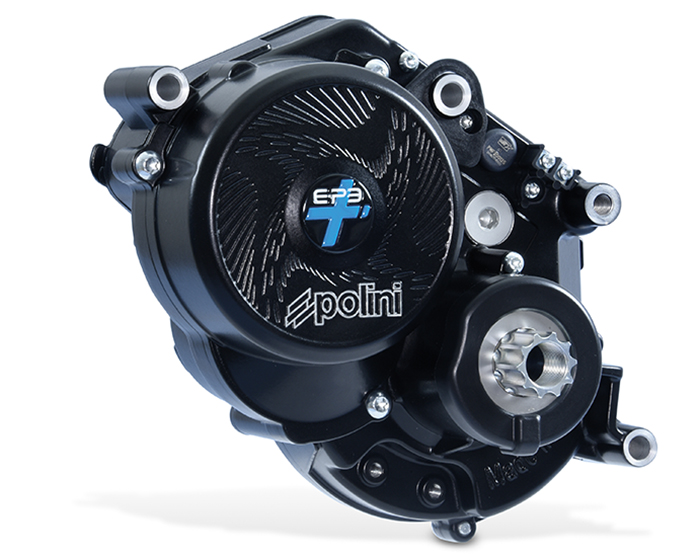Trek was the company to diversify first into at least 6 different e-bike systems. Draw your own conclusion what the outcome has been.
With R&M (the only really influential brand) promising Pinion.MGU e-bikes only in 2025.
The commercial success requires a big number of the customers and it cannot depend on the money from Stefan only.
As I say, I'm patient and will be waiting for some of you becoming adopters of at least one of the recent inventions. If I live up seeing that, of course

It is not only you Rás to be easily carried away by any new invention in the market. However, it was you who was praising the Polish brand Rondo for its innovation (without seeing or riding the bike). Do you know what has killed Rondo? Cheap wheels that were snapping after a few rides. Any Rondo rider had to order and install a new better wheelset, which is expensive. Even if Rondo might have had that issue resolved, the brand has lost its momentum. Meanwhile, Kross (a big Polish brand), Canyon and Merida overtook the market.
To summarise: I have to see the success of DJI, Pinion or Valeo yet.
P.S. I said I didn't think any new motor system would make e-bikes better. It is the battery energy density that is the prime mover of the progress. DJI may have an 850 W motor but they also need a battery to feed it. Either a heavy one or a lightweight one but with a ridiculously short range.



